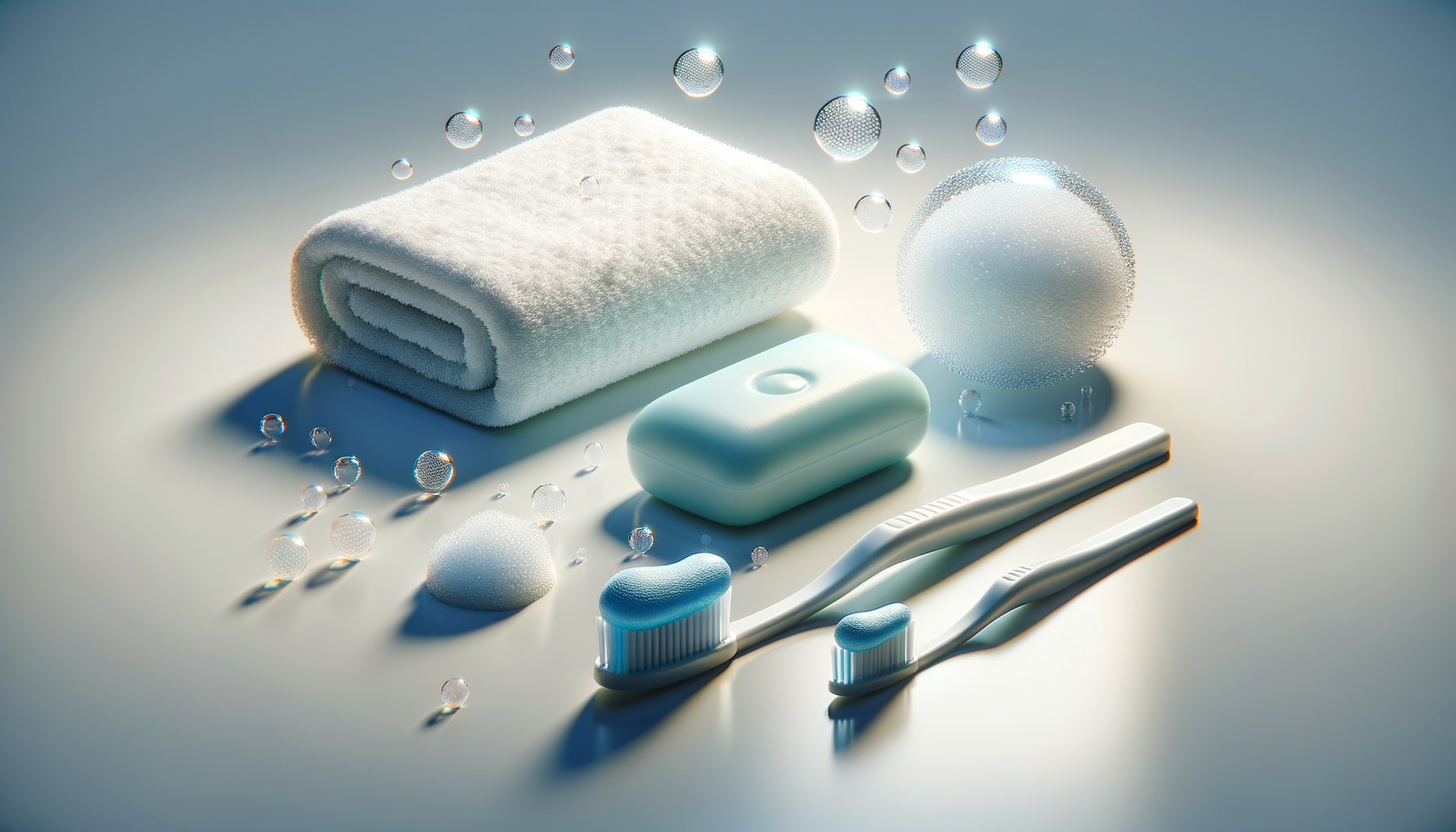3 personal hygiene tips
3 personal hygiene tips to maintain cleanliness and health.

Introduction to Personal Hygiene
Personal hygiene is more than just a daily routine; it’s a fundamental aspect of maintaining health and well-being. In a world where we are constantly interacting with others and our environment, practicing good hygiene is crucial to prevent the spread of diseases and to promote a sense of self-confidence. This article explores three personal hygiene tips that are essential for maintaining cleanliness and health.
Hand Hygiene: The First Line of Defense
Hand hygiene is one of the simplest yet most effective ways to prevent the spread of infections. Our hands come into contact with countless surfaces and objects throughout the day, making them a primary vehicle for transferring germs. Here are some key practices for maintaining hand hygiene:
- Wash hands with soap and water for at least 20 seconds, especially after using the restroom, before eating, and after coughing or sneezing.
- Use hand sanitizer with at least 60% alcohol when soap and water are not available.
- Avoid touching your face, particularly the eyes, nose, and mouth, to reduce the risk of transferring germs.
By incorporating these practices into your daily routine, you can significantly reduce the likelihood of falling ill and protect those around you.
Oral Hygiene: A Gateway to Overall Health
Oral hygiene is not only vital for a bright smile but also for overall health. Poor oral hygiene can lead to dental issues such as cavities and gum disease, which have been linked to more serious health problems like heart disease and diabetes. To maintain good oral hygiene, consider the following tips:
- Brush your teeth at least twice a day with fluoride toothpaste.
- Floss daily to remove plaque and food particles from between the teeth.
- Visit your dentist regularly for check-ups and cleanings.
By prioritizing oral hygiene, you can prevent dental problems and contribute to your overall health and well-being.
Body Hygiene: Keeping Clean and Fresh
Maintaining body hygiene is essential for preventing body odor and skin infections. Regular bathing, wearing clean clothes, and using deodorant are fundamental practices for keeping the body clean and fresh. Here are some tips for effective body hygiene:
- Shower regularly, using soap to cleanse the skin and remove sweat and dirt.
- Wear clean clothes and change them daily, especially undergarments.
- Use deodorant or antiperspirant to manage body odor.
These practices not only help you feel more comfortable but also promote a positive social image.
Conclusion: The Importance of Consistency
In conclusion, maintaining personal hygiene is a vital part of leading a healthy lifestyle. By focusing on hand hygiene, oral hygiene, and body hygiene, you can protect yourself from infections, enhance your overall health, and boost your self-esteem. Consistency is key; make these practices a regular part of your daily routine to enjoy the benefits of cleanliness and health. Remember, good hygiene is not just about personal well-being but also about being considerate to others.